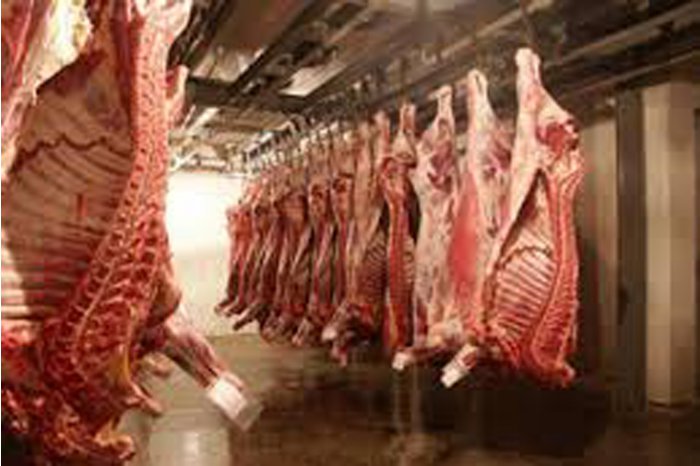Belarus suspends meat products imports from Moldova
11:39 | 01.11.2014 Category: Economic
The Department of Veterinary and Food Control within the Agriculture Ministry in Minsk ordered a temporary ban on imports of meat and pork products from Moldova, starting 1 November, without specifying the duration of the ban, according to a press release by the Belarusian sanitary institute.
The Russian and Belarusian experts' inspection of the Moldovan enterprises on 13 - 17 October highlighted "serious and systematic violations of the veterinary and sanitary requirements and norms" of the Customs Union between Russia, Belarus and Kazakhstan. These violations indicate a lack of proper control by the National Agency for Food Safety (ANSA) of the meat and meat products produced by enterprises in Moldova.
Belarusian authorities claim that a similar situation was set in Montenegro and that starting on 1 November Belarus suspended pork imports from the two countries.
Russia banned meat imports from Moldova on 27 October, for the same reasons: not meeting the veterinary and sanitary requirements of the Customs Union.
Shortly after Moscow imposed an embargo on Moldovan meat products, the Russian Federal Service for Veterinary and Phytosanitary Surveillance (Rosselkhoznadzor) sent a letter to the similar institution in Belarus in which they called for "a more rigorous control of meat products coming from Moldova". "If Belarus does not prohibit the imports of Moldovan meat, the Russian department reserves the right to halt deliveries of the produce of the Belarusian meat processing enterprises", warns Rosselkhoznadzor.
Banning meat and meat products imports from Moldova to the Russian market "has nothing to do with agriculture, veterinary requirements, our companies. It is a political issue", commented Agriculture and Food Minister Vasile Bumacov.
Exports of meat and meat products have risen to 22.3 million dollars in eight moths of this year, up by more than twice against the same period in 2013. Nearly one hundred per cent of the exports were directed to the Commonwealth of Independent States (CIS) market, according to the National Bureau of Statistics.

